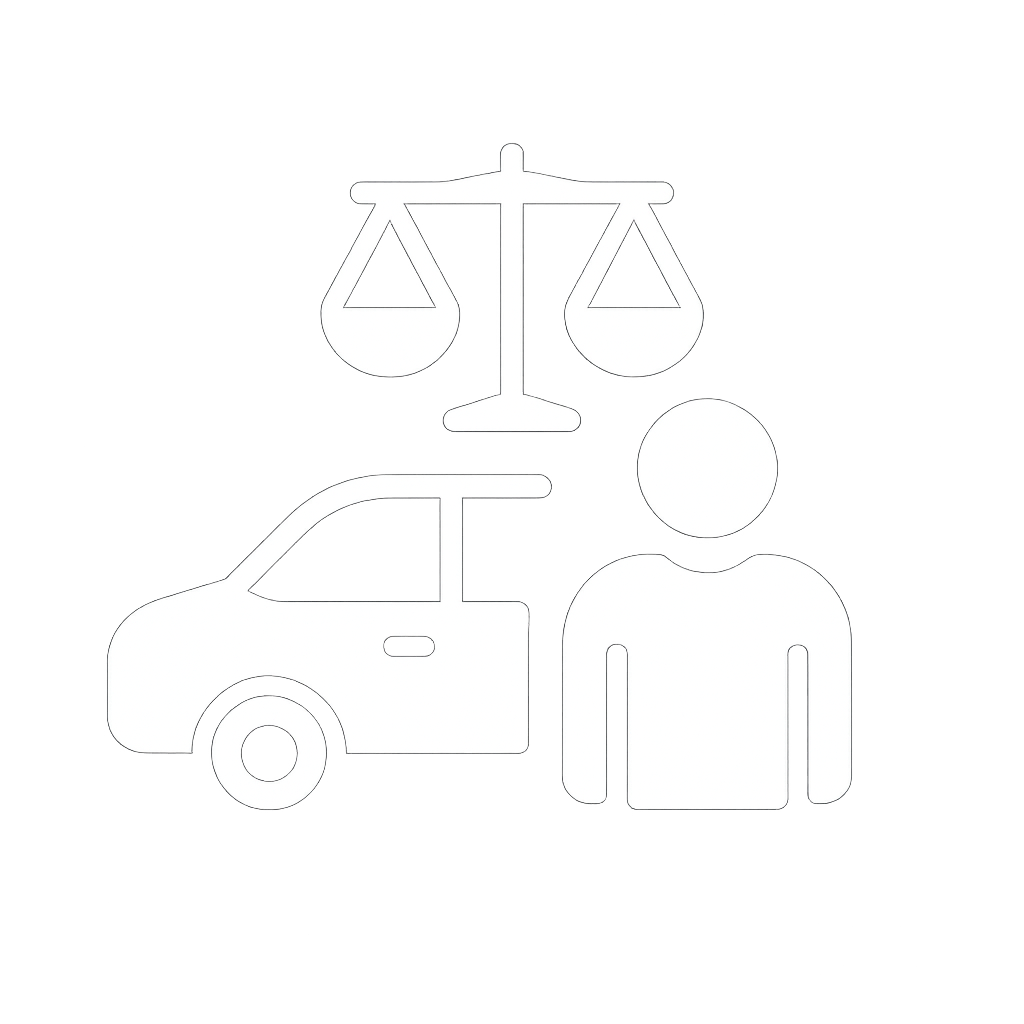When searching for an injury lawyer near me, it's essential to recognize that you're not merely seeking legal representation; you are looking for someone who comprehends your unique situation, understands the nuances of your local community, and possesses the expertise to advocate effectively on your behalf. Whether you’ve experienced a car accident, slipped on unsafe property, or suffered an injury due to another's negligence, partnering with a skilled local attorney can significantly impact your case's outcome.
This guide provides a comprehensive overview of hiring an injury lawyer in your area, detailing what to look for, red flags to avoid, and strategies to secure the compensation you deserve.
The Importance of Hiring a Local Injury Lawyer
Choosing a local personal injury lawyer can provide numerous advantages. Their familiarity with the local legal landscape, including courts, judges, and insurance companies, can be instrumental in building a successful case.
Key benefits of hiring a local attorney include:
- Knowledge of Local Laws: They understand the specific traffic laws and ordinances that may affect your case.
- Accessibility: In-person meetings can be arranged quickly, facilitating effective communication during urgent situations.
- Experience with Local Insurers: Established relationships with local insurance adjusters can lead to more favorable negotiations.
- Community Investment: Local lawyers are often more invested in their community, and their reputation matters to them.
Ultimately, working with a local attorney is not just about convenience; it's about a strategic approach to your case.
Understanding the Role of an Injury Lawyer
A personal injury lawyer's primary purpose is to assist clients in obtaining compensation for losses stemming from accidents or injuries caused by another party's negligence. This compensation can cover a wide array of damages, including:
- Medical Expenses: Coverage for both past and future medical bills.
- Lost Wages: Compensation for income lost due to the injury.
- Pain and Suffering: Financial restitution for physical and emotional pain.
- Emotional Distress: Compensation for psychological impact.
- Property Damage: Costs associated with damage to personal property.
Furthermore, their responsibilities encompass:
- Investigating Your Case: Diligently gathering facts and evidence.
- Collecting Evidence: Gathering documentation, photographs, and witness statements.
- Negotiating Settlements: Engaging with insurance companies to reach a fair settlement.
- Court Representation: Advocating for you in court if necessary.
Choosing the Right Injury Lawyer for Your Needs
Finding the ideal personal injury lawyer can be a daunting task. Here are some effective strategies to narrow down your options:
1. Assess Experience in Relevant CasesDifferent lawyers have varying specialties. Ensure you select a lawyer with proven success in handling cases similar to yours, whether they involve car accidents, medical malpractice, or other specific circumstances.
2. Read Reviews and Gather ReferralsClient feedback is invaluable. Look into reviews on platforms like Google, Avvo, or even social media. Additionally, don't hesitate to ask friends or colleagues for recommendations.
3. Evaluate Communication SkillsDuring your initial consultation, observe how they interact with you:
- Do they listen attentively?
- Are they able to explain legal concepts in simple terms?
- Do they provide a clear outline of the next steps in your case?
If you feel they are not a good communicator, continue your search.
4. Discuss Fees ClearlyMost personal injury lawyers work on a contingency fee basis, meaning they only get paid if you win your case. However, make sure to clarify their fee structure upfront to avoid any surprises later on.
Questions to Ask During the Interview:
- Have you handled cases like mine before?
- What is your overall success rate?
- Will you personally manage my case or delegate it to someone else?
- How do you communicate updates regarding my case?
- What are my chances of achieving a favorable outcome?
Identifying Red Flags in Potential Lawyers
While many attorneys are trustworthy, some may not have your best interests at heart. Be cautious if you notice any of the following:
- Guaranteed Settlements: No attorney can guarantee a specific outcome.
- Pressure Tactics: Be wary if they push you to sign contracts quickly.
- Vague Fee Structures: Avoid lawyers who are not transparent about their fees.
- Poor Online Presence: If you can't find them online or their reviews are predominantly negative, consider it a red flag.
Navigating the Legal Process: What to Expect
Entering the legal realm can feel overwhelming, especially if it's your first time. Here's a basic outline of what you can expect:
Step 1: Free Consultation
This is your opportunity to share your case details. The lawyer will ask questions, and if both parties agree to work together, you'll sign a retainer agreement.
Step 2: Investigation and Evidence Collection
Your attorney will:
- Obtain relevant medical records.
- Interview witnesses to gather firsthand accounts.
- Analyze police reports for factual details.
- Document the accident scene with photographs.
Step 3: Negotiation Phase
Your lawyer will draft a demand letter to the insurance company and initiate negotiations. If a fair settlement is reached, your case may conclude here.
Step 4: Filing a Lawsuit (If Necessary)
Should negotiations fail, your lawyer may file a lawsuit and take the case to court. While this is uncommon, it may be necessary to achieve a just outcome.
Common Types of Cases Handled by Injury Lawyers
When individuals search for "injury lawyer near me," it often pertains to specific scenarios, such as:
- Car Accidents: Including rear-end collisions and incidents involving uninsured drivers.
- Truck Accidents: Cases involving commercial vehicles, such as 18-wheelers.
- Motorcycle Accidents: Often resulting in severe injuries due to the lack of protection.
- Slip and Fall Accidents: Resulting from hazardous conditions on someone else's property.
- Dog Bites: Legal actions arising from animal attacks and the owner's liability.
- Workplace Injuries: Accidents occurring on the job that may involve employer negligence.
- Wrongful Death: Claims resulting from fatalities caused by another's actions or negligence.
- Product Liability: Cases involving defective or dangerous products.
Estimating Potential Compensation
Settlement amounts can vary significantly based on various factors. Typical considerations include:
- Severity of Injury: More serious injuries often lead to higher compensation.
- Medical Treatment Costs: The financial burden of past and future medical care.
- Lost Income: The impact of the injury on your earning potential.
- Long-term Effects: Chronic pain or disability resulting from the injury.
- Emotional Impact: Psychological distress stemming from the incident.
A dedicated injury lawyer will strive to secure the maximum compensation for you, rather than simply aiming for a quick payout.
Understanding Statutes of Limitations
In many states, including Texas, the statute of limitations for filing a personal injury claim is typically two years from the date of the incident. Missing this window can permanently bar you from pursuing a lawsuit.
It is crucial to act promptly. The sooner your attorney begins working on your case, the better positioned they will be to gather evidence and establish a robust argument on your behalf.
For further insights, you may find valuable guidance in this video about selecting the best personal injury lawyer:
Para ayudarte a encontrar la mejor asistencia legal en tu área, a continuación te presentamos un video que te guiará sobre cómo elegir un abogado de lesiones cerca de ti.


